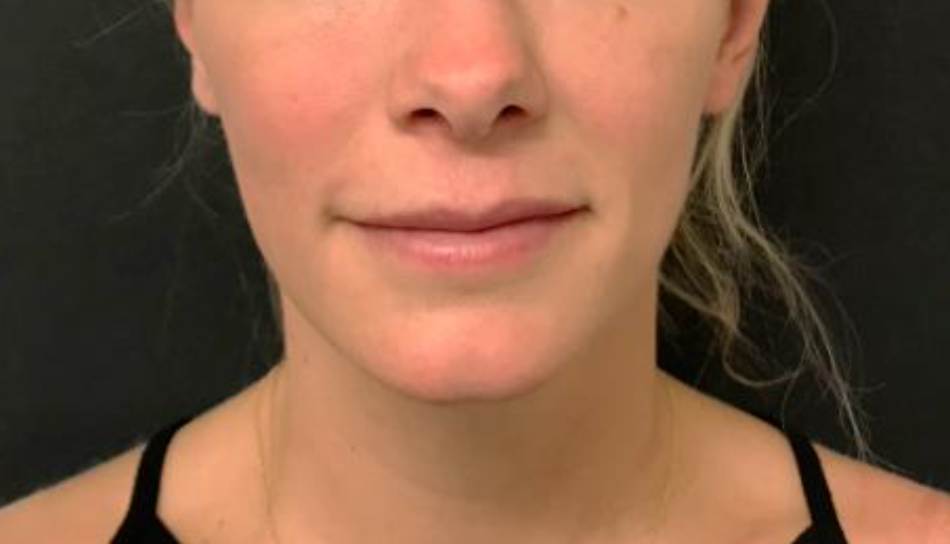Thinning hair affects many people, and it’s not always because of age. A natural option gaining attention is platelet-rich fibrin (PRF), a solution your body helps create. Learn more about how PRF...
Information
Medical Dermatology
Common Medical Skin Conditions
Cosmetic Treatments
Pre & Post-Treatment Instructions
What's New
Can Sofwave Treat Acne Scars and Fine Lines?
Acne scars and fine lines don’t have to linger. Sofwave uses advanced ultrasound technology to stimulate collagen, smooth uneven texture, and soften wrinkles, all with little downtime. At Madfes...
Can UltraClear Laser Treat Under-Eye Circles and Puffiness?
The under-eye area often shows early signs of fatigue and aging, like puffiness and dark circles. UltraClear laser treatments offer a non-invasive way to improve skin tone and texture around the...
Rosacea
Little is known about what causes rosacea. An altered immune system, sun sensitivity, neural pathways, and disruption of the normal skin barrier (causing general skin sensitivity) may all be at play.
There are 4 major rosacea subtypes and, depending on your type, a treatment regimen is tailored:
- Erythematotelangiectatic rosacea includes individuals who have a tendency for flushing, combined with a background of persistent facial redness.
- Papulopustular rosacea is characterized by an eruption of acne-like bumps however this is not acne.
- Rhinophyma refers to thickening of the nasal skin.
- Ocular rosacea, which is rosacea of the eye itself, consists of itching, tearing, dryness, gritty sensation, crusting, inability to wear contact lenses, as well as frequent styes.
Rosacea is sometimes confused for acne, however these are two distinct conditions.
TRIGGER FACTORS
Decrease sun exposure and watch your diet. Avoid spicy foods, wine, and fermented foods.
Treatment
The particular rosacea subtype determines the treatment. Our physicians have extensive experience treating this condition. We offer medical treatments with topical medications and oral therapy, lasers such as intense pulsed light, and skin care recommendations. Isotretinoin may be recommended.
Skin care recommendations include:
- Wash the face with soap-free, pH-balanced cleansers. Sulfur products may be helpful.
- Avoid scrubbing or exfoliating; avoid astringents and toners.
- Apply sunscreen with both UVA and UVB protection (“broadband”) and an SPF ≥30 daily. Titanium dioxide and/or zinc oxide are usually well tolerated.
- Restore your skin barrier by applying products that will form a protective coating to shield your skin from environmental pollutants. Moisturizers containing humectants (e.g. glycerin) and occlusives (e.g. petrolatum) help to repair the epidermal barrier.
- Avoid products contain alcohol, menthols, camphor, witch hazel, fragrance, peppermint and eucalyptus oil.


